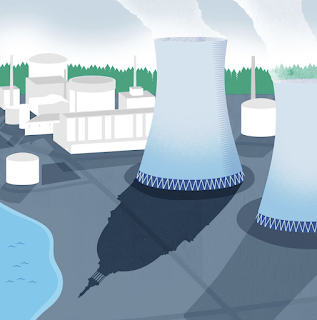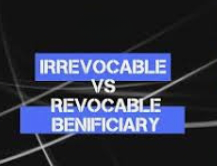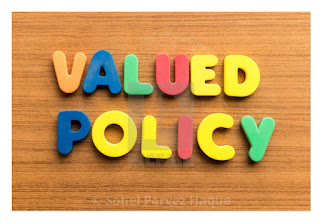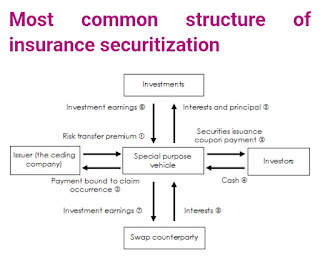Burial Insurance (Final Expense Insurance)

Burial Insurance (Final Expense Insurance) A type of guaranteed issue policy that can be term or whole life, with a low death benefit that covers covers end-of-life expenses including funeral/burial arrangements and any remaining medical or legal expenses that will need to be settled by your beneficiary. While death is most certainly guaranteed for all of us, the cost of dying is not necessarily cheap. Final expense insurance can be ideal for someone who only needs a small death benefit to cover their final expenses when they pass. As its name implies, people buy this type of policy to provide money for funeral and burial costs for themselves and/or family members. Burial insurance is easy to get and does not require a medical exam. Death benefit is burial insurance it gives your loved ones money typically, tax-free that they may use to pay your final expenses in the event of your death. This benefit is often referred to as 'burial insurance' or 'funeral insurance. T...




















